'Why don't cyclists have licences?' - You asked Google, and we've got the answer
Calls for cyclists to require licences continue to come, despite the UK government rebuffing the idea on multiple occasions
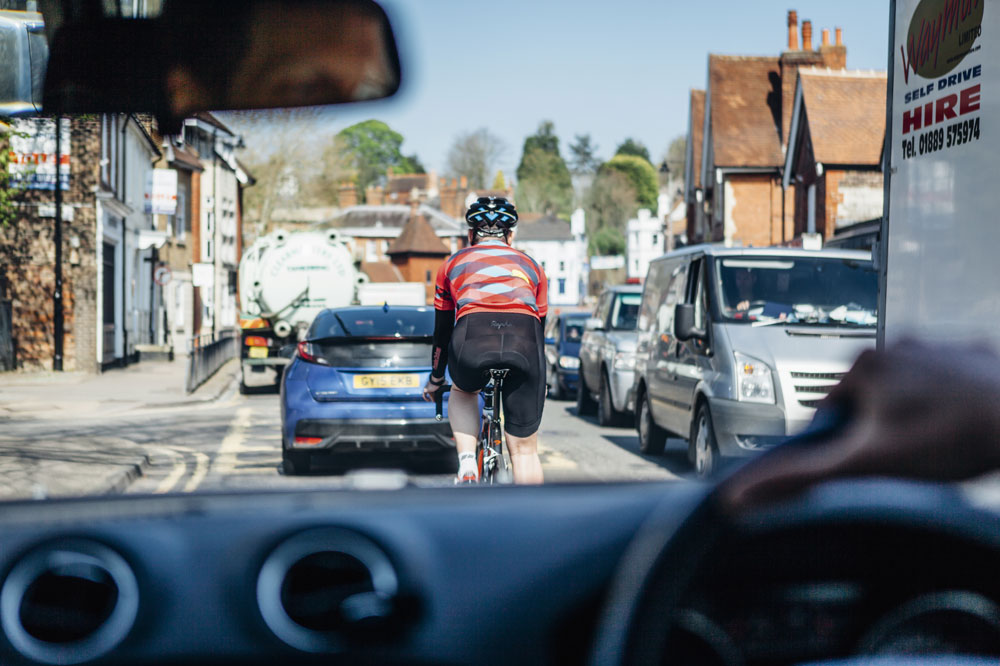
The issue of cyclists and compulsory licences, training and insurance is a debate which continues to rage on, with Google's autocorrect suggestions highlighting how often people are intent on finding this information out, especially as opinions are consistently forthcoming from both sides.
Despite the UK government stating in December 2021 that it had no plans to introduce legislation requiring cyclists to obtain a licence, the debate has reared its head once again.
Scotland Tonight hosted a debate last week (June 2022), asking the question: "Should cyclists face compulsory training and need a licence?"
Journalist Alan Douglas argued compulsory training and licences are needed for cyclists.
“They are the only unregulated group of road users," he said.
“Anyone can leap on a bike and head out without any training, licence or insurance. If they commit a traffic offence, like jumping a red light or riding on the pavement, they go unpunished.
“A driver would be fined or lose their licence, so we need punishments for law-breaking cyclists.”
Get The Leadout Newsletter
The latest race content, interviews, features, reviews and expert buying guides, direct to your inbox!
However, there are a multiple reasons why cyclists don't currently require a licence.
In response to a petition calling for cyclists to be licenced in 2021 the government said: "The government considers that the costs of a formal registration system for cycle ownership would outweigh the benefits.
"The safety case for such a system is not as strong as that for drivers since, by contrast with motorised vehicles, cycles involved in collisions on the highway are highly unlikely to cause serious injury to other road users.
"Cycling provides clear benefits, both for those cycling (particularly in terms of health) and for wider society (tackling congestion, reducing CO2 emissions and improved air quality). The introduction of a licensing system would significantly reduce these benefits, especially over the short term. Over the long term, it would deny children and young adults from enjoying the mobility and health benefits cycling brings until they were old enough to pass a formal test.
"The introduction of a system of licensing would also be likely to lead to a reduction in the number of people cycling."
Accountability baked in
The statement continues, suggesting that cyclists are still culpable for their actions even though they don’t need a licence.
“Furthermore, the National Travel Survey indicates that a very high proportion of people who cycle regularly also hold a driving licence. The absence of a licensing system does not prevent a cyclist from being liable for their actions. The police and ultimately the courts, can take into account all the circumstances of an incident and judge accordingly.”
Figures from the Department for Transport (DfT) show that, in 2020, 88% of people aged 18 years and over who cycled also held a valid driving licence. They also showed 35% of people who held a driving licence also cycled that year, meaning over a third of motorists also engaged with the UK's roads on two wheels.
This serves to counter the idea that cyclists are above the law. Indeed fines of £2,500 for dangerous cycling and a £1,000 fine for careless cycling can be issued.
While not as harsh as the penalties for dangerous and careless driving, the fines are proportional to the danger cyclists pose. Further offences, such as causing serious injury or death by cycling, is still punishable in court with imprisonment.
Cycling UK makes the point that the cost of licencing outweigh the benefits in it ‘Ten common questions about cycling’ report.
“Licences and number plates to regulate a relatively harmless activity like cycling would be a waste of time, effort and tax-payers’ money,” Cycling UK said. “It would probably suppress cycling too – not a good thing for public health.”
With the introduction of licences discouraging people from riding, there would therefore be more motorists. More motorists leads to more congestion, more CO2 emitted and a poorer air quality in the country as a result. Poorer air quality causes health problems in individuals, with CO2 also exacerbating the issue of climate change, while greater congestion negatively impacts the economy.
Burden on the state
Furthermore, fewer people exercising creates more stress for health services, because fewer people are partaking in essential activity during their day.
With more motorists on the road, there is also the issue of safety. Indeed, of the 23,529 people killed or seriously injured (KSI) from all traffic in 2020, only two per cent were caused by the individual being hit by a cyclist. Cycling UK argues cycles pose little danger to others when compared with motor vehicles, due in part to the combination of speed and weight, or lack thereof, riders travel at.
“Motor vehicles, not cycles, put pedestrians most at risk,” Cycling UK said. “This is the case in all locations, including pavements and urban areas, where cyclists and pedestrians often mix densely and share the same space.
“This means that cycles don’t put pedestrians at greater risk of injury mile-for-mile than motor vehicles, even though they are arguably more likely to travel in close proximity and, being slower, meet more people out walking along the way per hour.”
Motor vehicles simply threaten the public’s safety more, as well. Motor vehicles, more often than not, are also found to be the cause of collisions between cyclists and motorists.
“Motor vehicles in collisions with cycles are more likely to be assigned a ‘contributory factor’ (CF) by police at the scene than cyclists,” Cycling UK reported.
“From 2015-20, in fatal or serious collisions with a cycle, the police assigned 11,347 CFs for ‘Driver or rider failed to look properly’, the most common CF by far. Of these, 3,782 were allocated to cyclists, and twice as many (7,565) to motorists.”
Finally, with over 25 million bikes in the UK introducing licences for cyclists would cause a considerable, and largely unnecessary, strain on resources. Cycling UK puts describes it as a “costly and bureaucratic nightmare”.
“The government would have to introduce new legislation for cycles and then pay for extensive upgrades to the relevant computer systems. They don’t want to do this, and they’ve repeatedly stated that the costs and complexity would outweigh any road safety or other benefits,” says the organisation.

Thank you for reading 20 articles this month* Join now for unlimited access
Enjoy your first month for just £1 / $1 / €1
*Read 5 free articles per month without a subscription

Join now for unlimited access
Try first month for just £1 / $1 / €1
Ryan is a staff writer for Cycling Weekly, having joined the team in September 2021. He first joined Future in December 2020, working across FourFourTwo, Golf Monthly, Rugby World and Advnture's websites, before making his way to cycling. After graduating from Cardiff University with a degree in Journalism and Communications, Ryan earned a NCTJ qualification to further develop as a writer.
-
 Review: Cane Creek says it made the world’s first gravel fork — but what is a gravel fork, and how does it ride?
Review: Cane Creek says it made the world’s first gravel fork — but what is a gravel fork, and how does it ride?Cane Creek claims its new fork covers the gravel category better than the mini MTB forks from RockShox and Fox, but at this price, we expected more.
By Charlie Kohlmeier
-
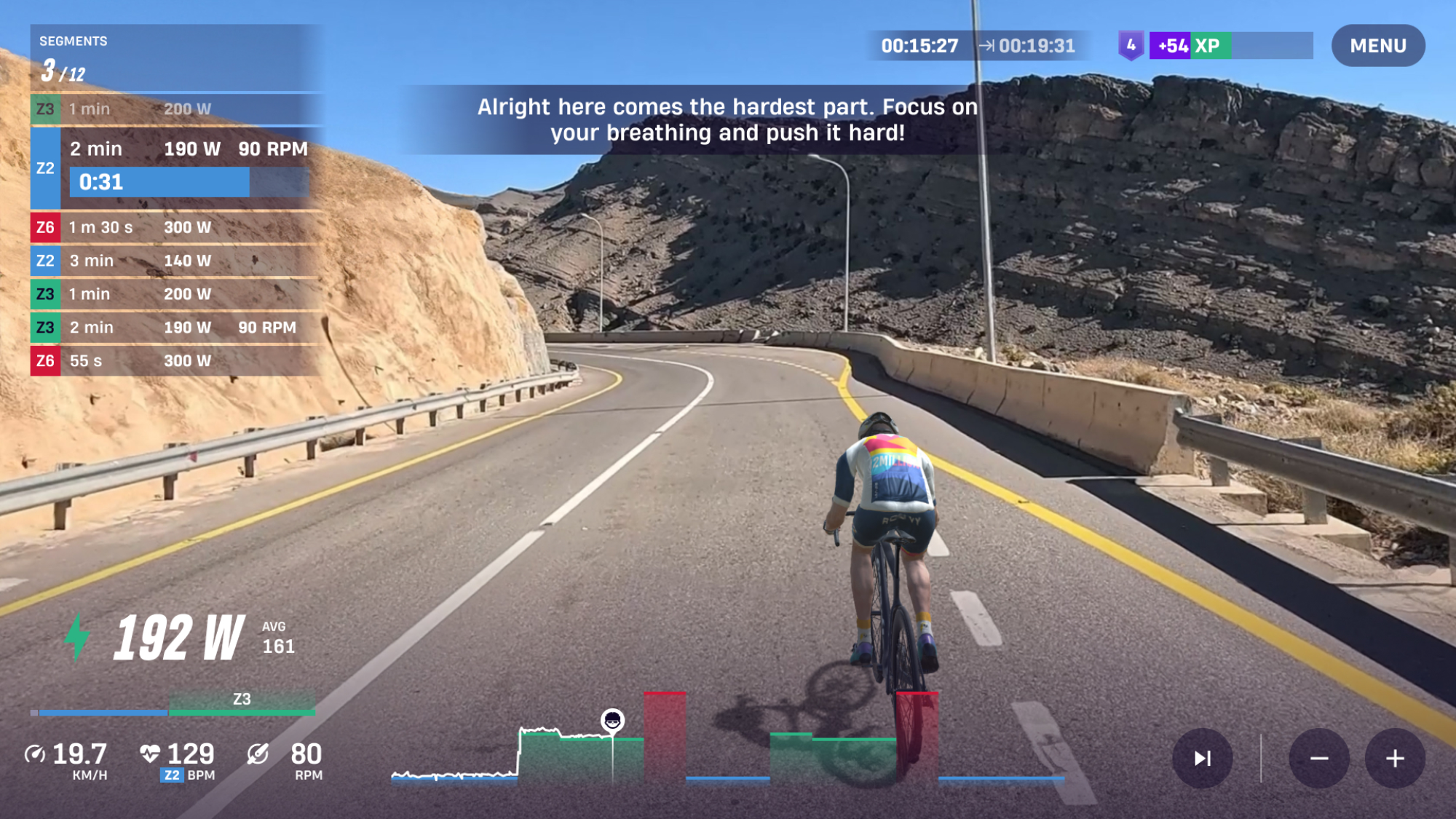 ROUVY's augmented reality Route Creator platform is now available to everyone
ROUVY's augmented reality Route Creator platform is now available to everyoneRoute Creator allows you to map out your home roads using a camera, and then ride them from your living room
By Joe Baker
-
 ‘Is cycling good for you?’ - you asked Google, and we’ve got the answer
‘Is cycling good for you?’ - you asked Google, and we’ve got the answerOne of the most common questions people ask about cycling on Google is ‘Is cycling good for you’, so we've got the answer
By Paul Knott
-
 'Why do cyclists wear gloves?’ – you asked Google, and we’ve got the answer
'Why do cyclists wear gloves?’ – you asked Google, and we’ve got the answerIt's probably a dangerous sport (perhaps even more so than fixed gear crit riding), but every so often, we like to take a dive into Google and check out what people are asking about cyclists.
By Michelle Arthurs-Brennan
-
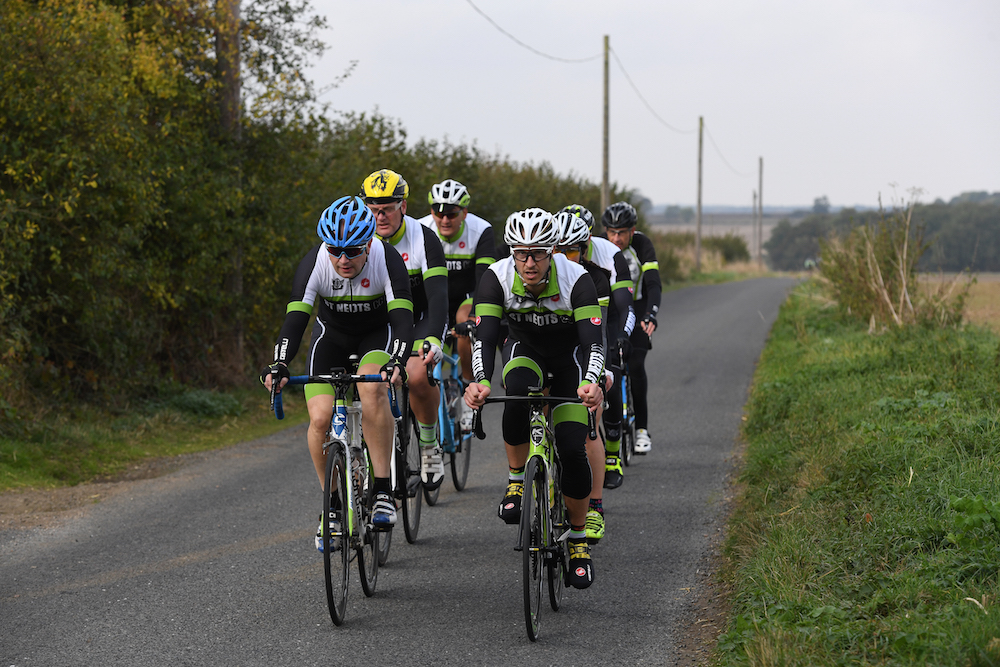 'Why do cyclists ride side by side?' - you asked Google, and we've got the answer
'Why do cyclists ride side by side?' - you asked Google, and we've got the answerIf there's one thing that cyclists do that annoys motorists more than anything else it's cycling side by side, but there are a number of reasons to do this.
By Cycling Weekly
-
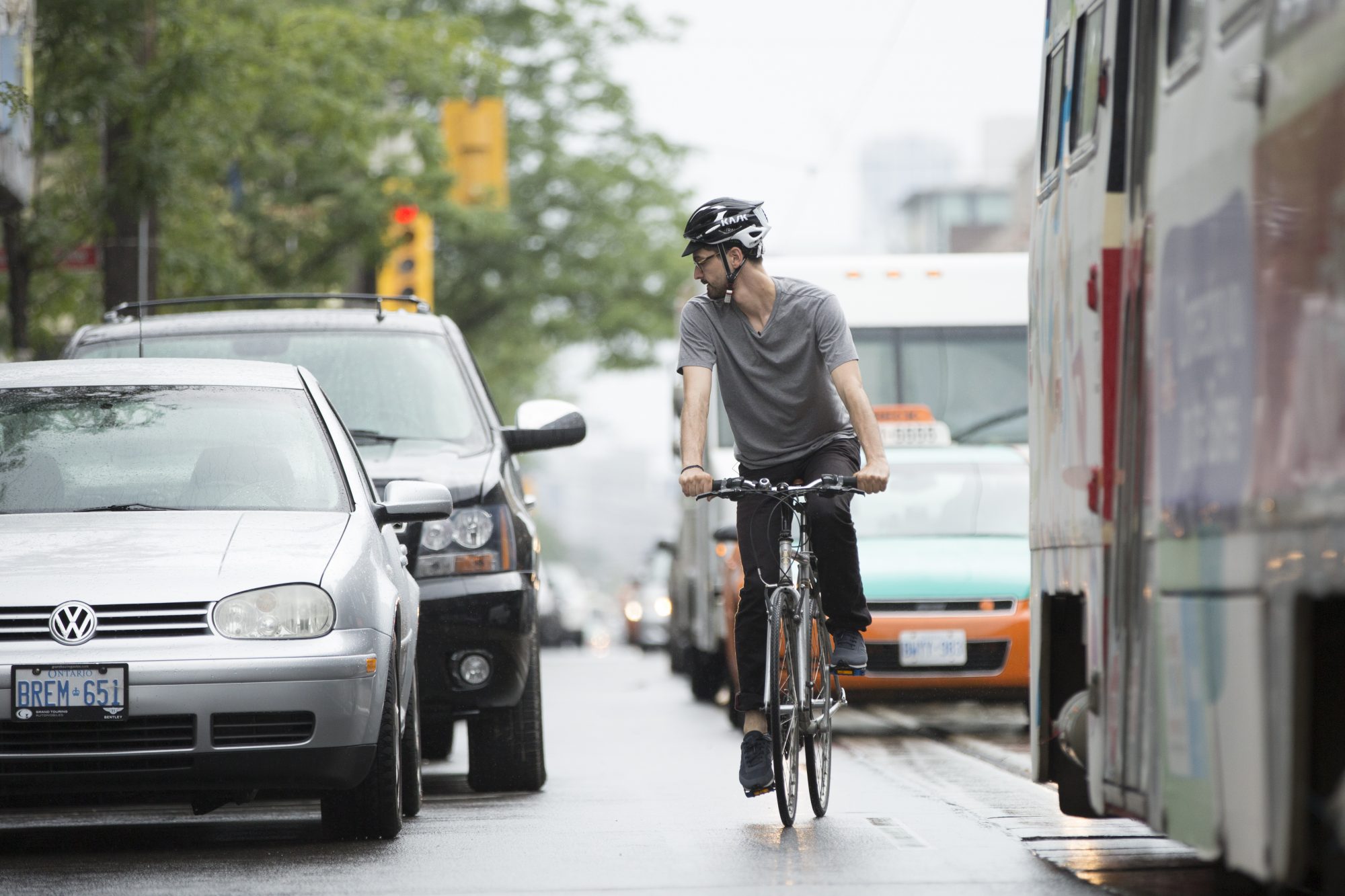 'Do cyclists have to have insurance?' - you asked Google and we've got the answer
'Do cyclists have to have insurance?' - you asked Google and we've got the answerHowever you start your question, Google has an autocomplete response for cyclists and insurance - but what's the answer?
By Michelle Arthurs-Brennan
-
 How many bikes does a cyclist need? – you asked Google and we’ve got the answer
How many bikes does a cyclist need? – you asked Google and we’ve got the answerS-1 becomes redundant in the event of a cycling obsessed partnership, so do we need an alternative to save us from ourselves?
By Michelle Arthurs-Brennan
-
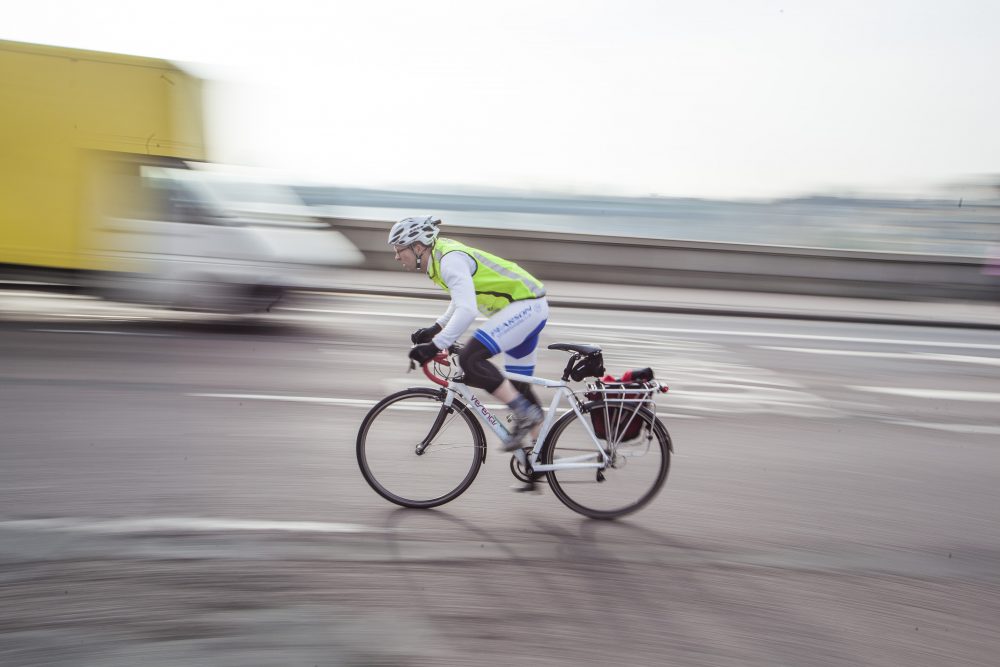 'Do cyclists have to ride on the road?' - you asked Google, and we’ve got the answer
'Do cyclists have to ride on the road?' - you asked Google, and we’ve got the answerGoogle autocomplete tells us this is one of the burning questions the world wants to ask - so we've brought the answers...
By Michelle Arthurs-Brennan
-
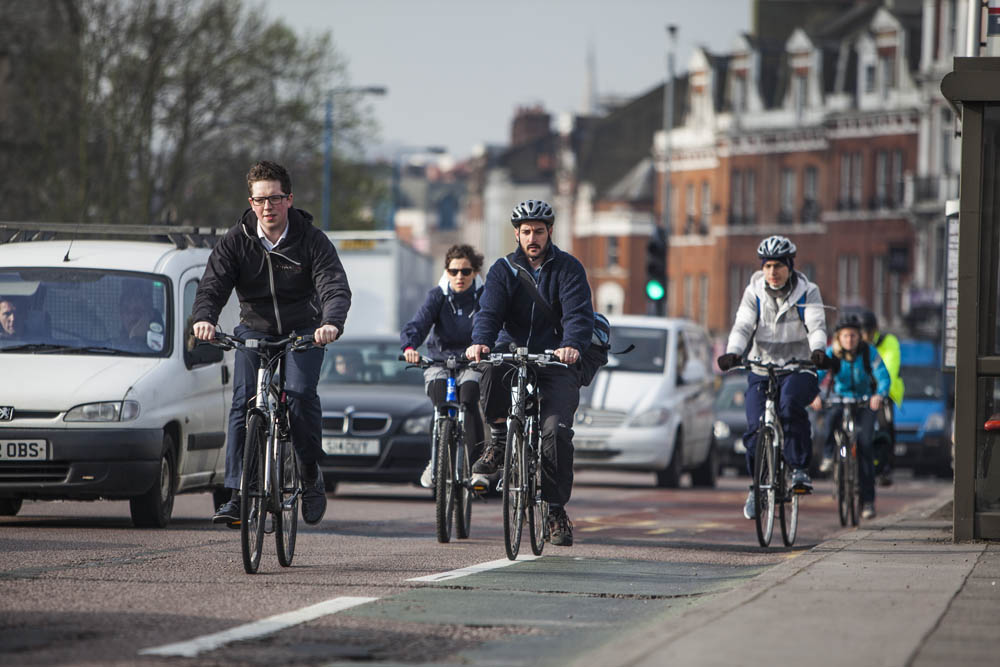 'Why do cyclists ride in the middle of the road?' - you asked Google, and we've got the answer
'Why do cyclists ride in the middle of the road?' - you asked Google, and we've got the answerCyclists ride in the middle of the road for a number of reasons, none of which involve annoying motorists, but all of which help to keep cyclists safe.
By Henry Robertshaw
-
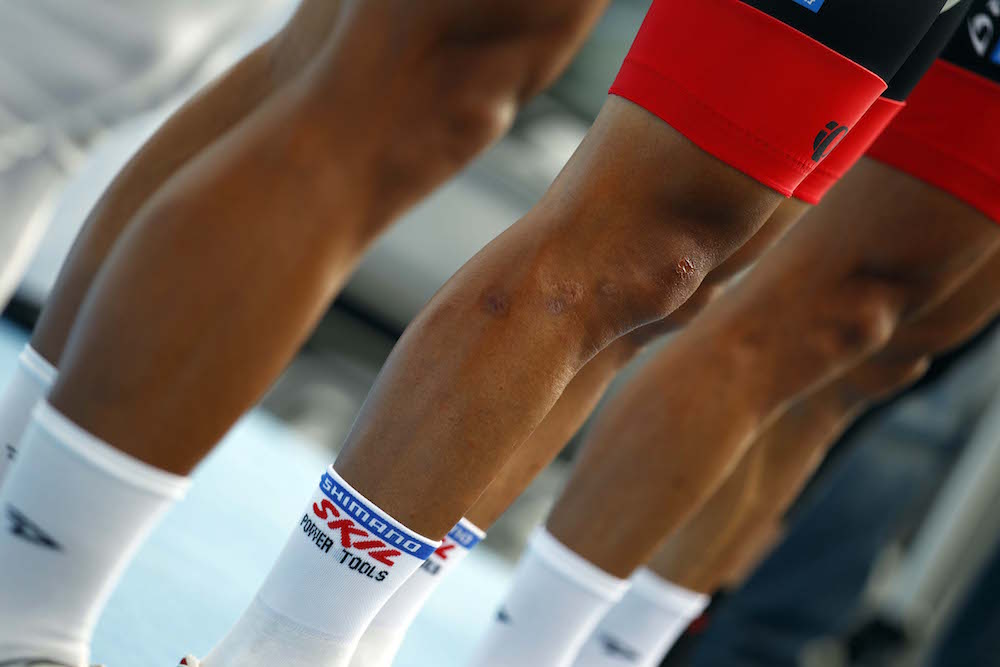 'Why do cyclists shave their legs?' - you asked Google and we've got the answer
'Why do cyclists shave their legs?' - you asked Google and we've got the answerEveryone has an opinion on whether or not amateur cyclists should shave their legs - here are the reasons why they do it
By Michelle Arthurs-Brennan